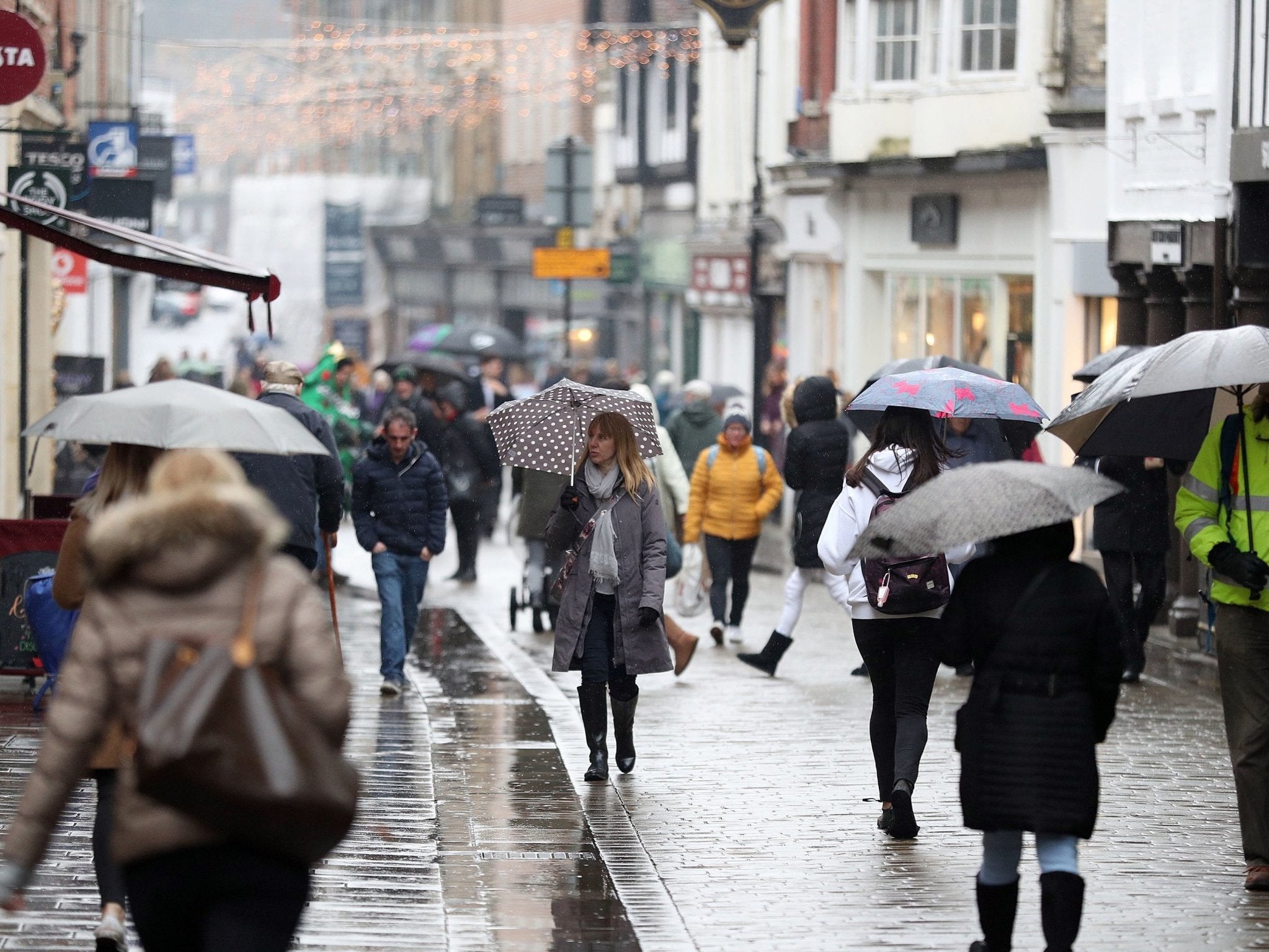UK high street shops and pubs handed £500m business rates cut

Your support helps us to tell the story
From reproductive rights to climate change to Big Tech, The Independent is on the ground when the story is developing. Whether it's investigating the financials of Elon Musk's pro-Trump PAC or producing our latest documentary, 'The A Word', which shines a light on the American women fighting for reproductive rights, we know how important it is to parse out the facts from the messaging.
At such a critical moment in US history, we need reporters on the ground. Your donation allows us to keep sending journalists to speak to both sides of the story.
The Independent is trusted by Americans across the entire political spectrum. And unlike many other quality news outlets, we choose not to lock Americans out of our reporting and analysis with paywalls. We believe quality journalism should be available to everyone, paid for by those who can afford it.
Your support makes all the difference.Britain's army of small high street firms will be given rare good news on Monday when they share tax cuts worth half a billion pounds as business rates bills are slashed across England.
While council tax, prescriptions, utility bills and car tax are all set to rise, thousands of high street shops, pubs and restaurants will be set for a reprieve.
In last year's Autumn Budget, the government announced a business rates discount scheme for small-sized high street properties in England that have a rateable value below £51,000.
Under the plan, small firms will receive a one-third discount on their rates bills from 1 April for the next two years, which chancellor Philip Hammond said will help “up to 90 per cent of all independent shops, pubs, restaurants and cafes”.
According to real estate adviser Altus Group, small shops will see savings of £3,292 in their business rates bills for 2019-20, while pubs will save £6,052.
The average restaurant will receive a discount of £7,212 as a result of the new retail discount with councils in England setting aside £502m this financial year to cover the cost.
Robert Hayton, head of UK business rates at Altus Group, said it was imperative that small firms check their new tax demands carefully, warning “some councils are insisting that firms apply for the discount rather than applying it automatically”.
But he added that it is not all good news, pointing to the fact that local authorities in England are still expected to rake in £25bn in business rates overall during 2019-20, an increase of £206m.
According to the Federation of Small Businesses (FSB), the 10 councils set to gain the most from rates over the next 12 months are: Westminster (£2.2bn), City of London (£1.2bn), Camden (£650m), Tower Hamlets (£461m), Birmingham (£449m), Hillingdon (£384m), Leeds (£378m), Manchester (£335m), Kensington and Chelsea (£332m) and Southwark (£328m).
The cash will be gleaned from all sectors of the economy as the standard rate of tax will rise above 50 per cent for medium to large premises, the highest rate since the national business rates system was introduced in 1990.
The FSB also pointed to the fact that two million small businesses are to be hit with new reporting requirements due to HMRC’s Making Tax Digital (MTD) programme.
HMRC is forcing VAT-registered businesses to comply with the initiative, with the software required to meet MTD obligations set to cost small firms £564 each on average.
More than a million small employers are also grappling with a further increase in auto-enrolment pension contributions to 3 per cent from Saturday.
PA
Join our commenting forum
Join thought-provoking conversations, follow other Independent readers and see their replies
Comments